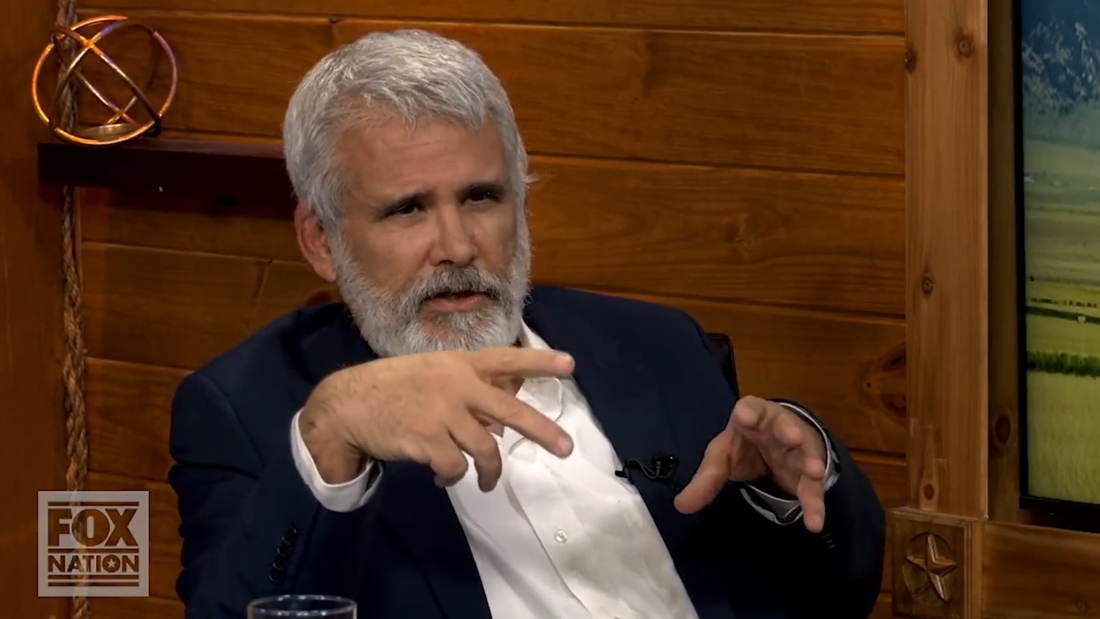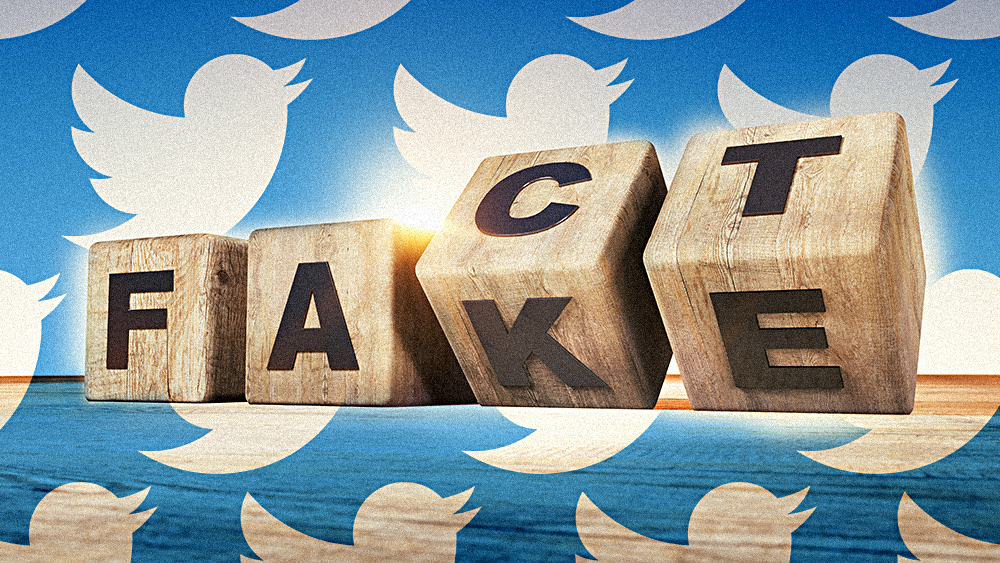 Parler
Parler Gab
Gab
STORY AT-A-GLANCE
- Robert Malone, inventor of the mRNA and DNA vaccine core platform technology (the original platform, not the current mRNA COVID shots), has published a new book, “Lies My Government Told Me: And the Better Future Coming,” in which he analyzes the tyranny we currently face, and how to get out from under it.
- The first part of the book reviews the reality of censorship of medical and scientific truth during the COVID pandemic, and the emergence of global totalitarianism.
- The second part tries to answer the question, “Who or what is behind it all?” Malone believes it’s a combination of bad actors with nefarious intent, and opportunism.
- The last part of the book is focused on how to create a better future. A major part of the answer lies in creating decentralized, local intentional communities, and to create the potential for networking between them on a national and international level, while remaining independent and self-governed.
- A good way to avoid groupthink that results in policy fiascos is to establish completely separate problem-solving groups that do not interact with each other. Only after each group has independently come up with their own ideas do they come together to share, analyze and find common ground.
The gaping disconnect between reality and the narrative
Over the past three years, ever since he appeared on the DarkHorse podcast with Steve Kirsch in June 2021, he’s been publicly defamed, canceled, deplatformed, and had his scientific accomplishments scrubbed from Wikipedia. As explained by Malone, he was deplatformed from Twitter after posting an entirely fact-based professionally-produced video from the Canadian COVID Care Alliance that documented how Pfizer had committed fraud in its COVID jab trials. Everything in that video was true, and still is. Malone said:The production quality was excellent and I just retweeted it. LinkedIn at the same time also whacked me. The other day I was noodling around and for some reason clicked on a link to somebody’s LinkedIn… and it brought me to this page that said something to the effect that I should reactivate my account. I thought, well, what do I have to lose? So, I filed for that and did their necessary little paperwork and they came back and said, due to my continuing violations after having been kicked off of LinkedIn, I’m permanently banned. And I’m scratching my head going, ‘What were the continuing violations when I was kicked off of your platform?’ It’s kind of circular, but I mean, none of this has to make sense. It’s whatever they say it is. That’s the big lesson. Reality is whatever they say it is.
The price of being a truth-teller
Malone, like so many others, myself included, has paid a high price for choosing to speak the truth rather than stay silent. He’s sacrificed a great deal since that fateful DarkHorse podcast, which got more than a million views in a short amount of time before it was taken down by YouTube. He’s lost business ventures, decades-long professional relationships, and much more.For decades, Jill and I have run a consulting business, and we’ve done so successfully, in part by staying quiet and behind the scenes. That’s what our clients typically like. In order to really speak truth about what was happening here, we had to come out from under cover and go public. As you know, you’re a poster child for this, as soon as you start speaking the truth about these forbidden topics like vaccine safety, we were immediately attacked, which caused us to make the decision to go to alternative media, and now to publish and finally put this book out. It has been a rough road, but we’ve made so many new friends from all over the world that I think that’s really compensation in and of itself. Right now, we’re sustaining ourselves through Substack, and it’s an interesting situation. We’ve never required that anybody pay to subscribe, and so it’s really kind of amazing. We’ve tried to do the right thing and have not focused on commercialization. Some of my colleagues have found themselves forced to do various things to try to keep afloat, and we’ve just tried to do the right thing and speak truth to power. These benefits, such as the subscribers on Substack, have just come and supported us, and we’ve have had donations from other individuals, donations that came through the Malone Institute… that have allowed us to keep going. So, I really try not to complain or whine. One of my core messages is, yep, none of this is fair. None of this is right. None of this is ethical, and you have to get over it. You have to just recognize that this is the nature of the situation we’re in, and it’s not really personal. It’s about a system that has come to the point where the government and corporate media just treat all of us as grist for the mill in order to reinforce whatever the narrative is that they want to push. So, it helps to not take it personally, although it can be a little painful from time to time.
‘The Lies My Government Told Me’
As explained by Malone, the basic structure of “The Lies My Government Told Me” is like that of a physician’s approach to a new patient.When the patient first comes to you, you want to understand their main problem, their chief complaint, and take a history and do a physical. Then you go through a process of determining a diagnosis. What’s really wrong with them? What’s causing them to have that complaint? Then you come up with a treatment plan. That was the basic idea of the structure of the book. The first third of it is personal anecdotes from people – myself, Meryl Nass, Paul Marik, Pierre Kory, and many others who have experienced directly the censorship, the deplatforming, loss of license, all these things, so that people can have a sense of what it’s really been like at the forefront; what people have been experiencing… The second part is an excursion, trying to get to sense-making, which really started with Bret Weinstein’s DarkHorse podcast, when he posed the question to me and to Steve Kirsch, ‘What’s really behind this? Is there a grand conspiracy, a single conspiracy, or is this an emergent phenomenon? I think in the end, having spent months and months running down all these little warrens, these rabbit holes of the World Economic Forum (WEF), the central banks, Tony Fauci, the DOD and all of that stuff, I’ve come to the conclusion that it is really multifactorial, and that it is a situation where, I’m sure, there were some nefarious bad actors behind this. But in addition, there was a lot of opportunism and people taking advantage of a system in a situation in ways that they had kind of planned before, that when something like this came up they would take advantage of it. Folks like Ed Dowd… [have made it] quite clear that there were major financial liquidity problems going into this, and that that opportunity was exploited to inject massive amounts of capital and restructure the economy in ways that we’re still just beginning to appreciate as we’re encountering inflation and the stagflation cycle we’re in. So, the middle part is about making sense [of the situation].
Creating a better future through decentralization
The last part of the book is focused on the subhead of the book’s title, which is about creating a better, more humane, future. As noted by Malone, after everything we’ve been through during these past three years, it can be difficult to envision a future that doesn’t involve a totalitarian One World Government, replete with forced eugenics protocols, as envisioned by WEF founder Klaus Schwab and his transhumanist philosophy guru Yuval Noah Harari. But there is a way. The answer is basically the converse of the problem. Since the problem, the driver toward totalitarianism, is centralization and top-down governance, the answer lies in the creation of self-sustainable decentralized systems and self-governance.How do you envision a better future when you come to grips with the dark mutterings of Harari and Schwab, talking about transhumanism and the Fourth Industrial Revolution, the fusion of man and machine, the excess surplus labor, the need for guaranteed basic income, the logic behind ‘You will own nothing and be happy?’ [This] actually has a business model behind it – when you come to terms with the willingness of our government to suspend the Bill of Rights in fundamental ways, and the willingness of our government to disregard the norms of bioethics that have been established for generations… How do you imagine a better future when you’re confronted by what is clearly a thrust towards totalitarian control?… How do you envision a future where there’s such a massive force driving towards a centralized-command economy totalitarianism, based on the concepts of Marxist utilitarianism? The answer is best captured in one of the final chapters from a group in Italy… IppocrateOrg. They, like the World Council for Health under Tess Lawrie, have been very committed to a vision of decentralization and intentional communities. They give some great examples of what they’ve done, which I think are a fantastic opportunity for the world to learn through their experience. The physicians in Italy were censored at least as bad as the docs here in the states. Hundreds have lost their licenses, ability to practice, for the sin of providing early treatment and saving lives. They’ve come together and formed this organization, and they’re now starting their own medical school, Hippocrate, and they’ve done very novel things, like assembled local community groups in cities and towns throughout Italy that are engaging in training. This includes setting up training programs for physicians to de-specialize. So, doctors that had been hospitalists, that had been focused in very narrow specialties, are learning and have set up mentorship with primary care physicians to learn the tools of the trade to allow them to go back to old-school medicine, to treating patients, which is where so much of the joy comes from. All of the things that they’ve been subjected to, just like many of the docs here in the United States, have led them to conclude that corporate medicine is just not the place they want to be… I hope that what we can do is find our souls and move towards a future where we respect the importance of human dignity and commit ourselves to acting in integrity, with transparency. These are the things that we’ve lost. I think what the book really brings to the fore is that all throughout the system of governance… we’ve lost integrity. People are willing to lie and misrepresent and hide behind their conflicts of interest and not disclose them. Somehow, we have to get back to a space where that’s not acceptable.Read more at: TakeControl.Substack.com
By News Editors // Share
Another Renz Rant: Operation Warp Speed a secret weapon against Trump
By Kevin Hughes // Share
Kari Lake: Katie Hobbs stole elections to protect cartels trafficking drugs, humans across border
By Belle Carter // Share
Governments continue to obscure COVID-19 vaccine data amid rising concerns over excess deaths
By patricklewis // Share
Tech giant Microsoft backs EXTINCTION with its support of carbon capture programs
By ramontomeydw // Share
Germany to resume arms exports to Israel despite repeated ceasefire violations
By isabelle // Share










